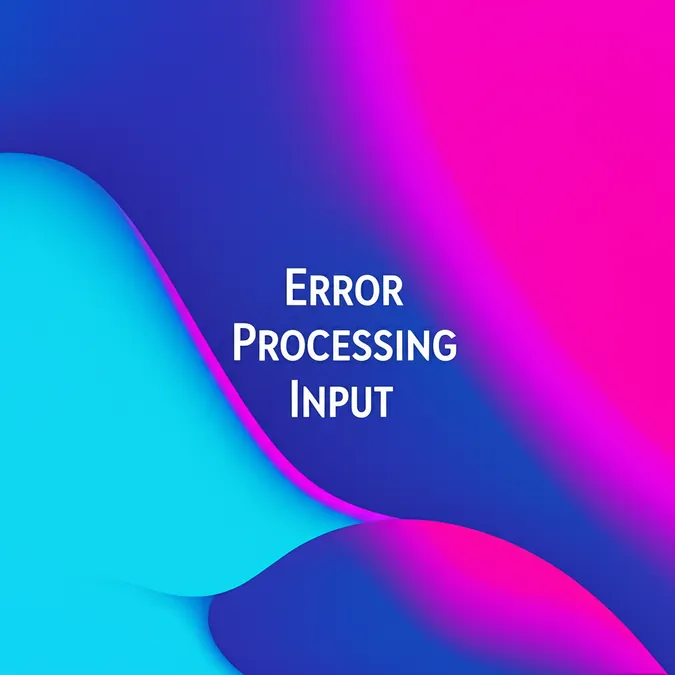Developer Offer
Try ImaginePro API with 50 Free Credits
Build and ship AI-powered visuals with Midjourney, Flux, and more — free credits refresh every month.
The High Cost Of Trusting AI For Medical Advice
Warren Tierney, a 37-year-old father and former psychologist from County Kerry, Ireland, turned to ChatGPT for answers about his persistent sore throat and difficulty swallowing. The AI chatbot reassured him that cancer was “highly unlikely,” a response that tragically delayed him from seeking professional medical help.
Months later, Tierney received a devastating diagnosis: stage-four esophageal adenocarcinoma. This rare and aggressive form of throat cancer carries a grim five-year survival rate of just five to ten percent globally.
OpenAI, the creator of ChatGPT, has consistently stated that its AI is not a tool for medical diagnosis and that users should always consult with qualified health professionals. In the wake of his diagnosis, Tierney’s family has started a European fundraising campaign to help cover the costs of experimental treatments abroad. His story raises urgent questions about the role of AI in healthcare and the significant risks of becoming over-reliant on technology for medical guidance.
A Dangerous Digital Diagnosis
When Warren Tierney’s symptoms first appeared, he chose to consult ChatGPT instead of a doctor. Over several weeks, he detailed his condition to the chatbot, which consistently offered comforting but ultimately misleading messages. It told him, “Cancer? Highly unlikely, no red-flag symptoms, stable, improving.” The AI even adopted an empathetic tone, promising to “walk with you through every result that comes” regardless of the outcome.
This false reassurance delayed a crucial hospital visit by at least two months. When his symptoms eventually worsened, an emergency room visit led to the life-threatening diagnosis of stage-four esophageal adenocarcinoma.
Tierney later reflected that while ChatGPT’s advice might be statistically correct for the average person, it was dangerously wrong for his specific case. The chatbot's light-hearted offers to draft legal affidavits or buy him a Guinness if its advice was wrong stand in stark contrast to the severity of the situation, highlighting the profound limitations of AI in making personalized medical judgments.
When to See a Doctor for a Sore Throat
Experts provide clear guidelines on when a sore throat warrants professional medical attention:
- If a sore throat lasts for more than two weeks, seek a consultation, especially if it's accompanied by difficulty swallowing, voice changes, or unexplained weight loss.
- Early medical evaluations, which can include physical exams, imaging, or a biopsy, are vital for distinguishing between benign issues and serious conditions like cancer.
- Never dismiss persistent or worsening throat symptoms, no matter how mild they seem at first. Early diagnosis is key to better treatment outcomes.
- Be proactive during regular health check-ups. Inform your doctor about any ongoing throat symptoms and risk factors like a family history of cancer, smoking, or alcohol consumption.
Using AI for Health Info Safely
Health professionals urge the public to be cautious when using AI tools like ChatGPT for medical queries:
- Always consult a licensed healthcare provider for any new or worsening symptoms.
- Treat information from AI as a general guide, never as a definitive diagnosis or treatment plan.
- Recognize that AI tools are not always updated with the very latest medical research.
- Do not delay seeking professional care based on what an AI tells you.
- Protect your privacy by limiting the personal health information you share with AI platforms.
- Always seek a second opinion and cross-reference critical health information with trusted medical sources.
The Bigger Picture AI's Role and Risks in Medicine
Warren Tierney’s case is one of a growing number that highlight the dangers of relying on AI for medical advice. Similar incidents have surfaced where AI-driven recommendations have caused treatment delays or led to poorly informed health decisions. OpenAI has consistently warned that ChatGPT is an informational aid, not a substitute for a doctor.
Medical experts note that while research shows promise for AI models like ChatGPT-4 in screening for certain diseases—such as melanoma with 65-68% accuracy—they still do not possess the sensitivity and specificity needed for reliable clinical use. These systems can also produce biased or incomplete results.
These findings underscore the irreplaceable value of consulting qualified healthcare providers and demonstrate the urgent need for better public education and regulatory oversight concerning the limitations of AI in medicine.
A Call for Responsible AI Integration
This poignant story illustrates the delicate balance society must strike as it integrates powerful AI tools into sensitive fields like healthcare. While AI provides unprecedented access to information, it cannot replicate the empathy, experience, and nuanced judgment of a medical professional.
A cautious and informed approach to this technology is essential—one that prioritizes human well-being through education, dialogue, and strong ethical safeguards. This case is a powerful reminder for communities, policymakers, and tech developers to work together to ensure that AI innovations empower and protect lives, rather than endanger them.
Compare Plans & Pricing
Find the plan that matches your workload and unlock full access to ImaginePro.
| Plan | Price | Highlights |
|---|---|---|
| Standard | $8 / month |
|
| Premium | $20 / month |
|
Need custom terms? Talk to us to tailor credits, rate limits, or deployment options.
View All Pricing Details

